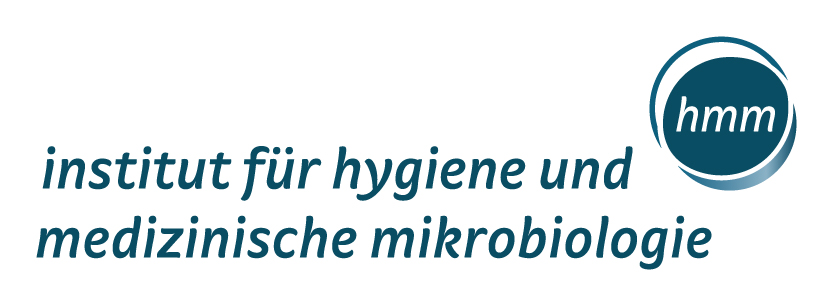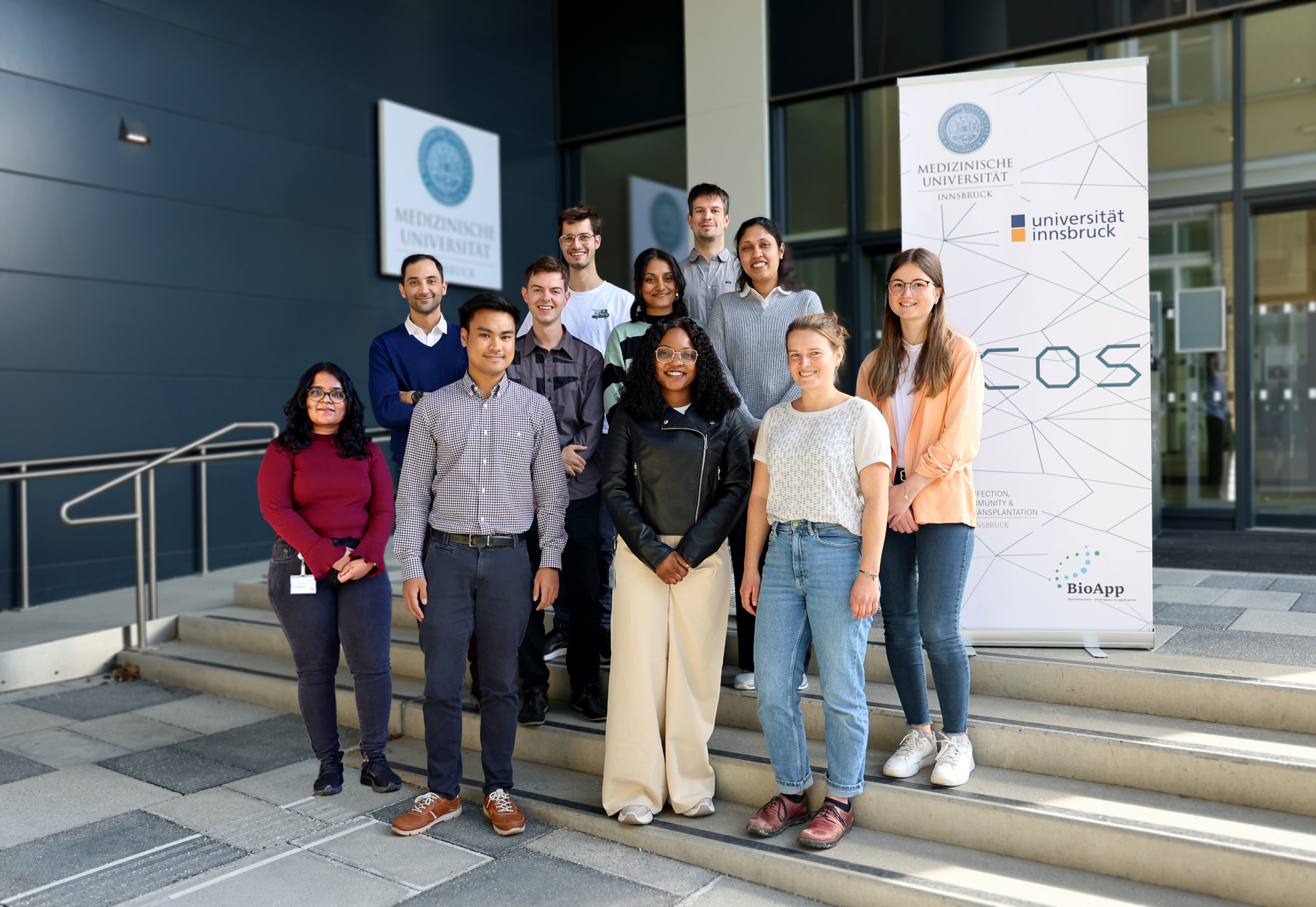Research Questions/Hypotheses
(i) Antimicrobials/antimycotics modulate central immunobiochemicals pathway and interfere with activities of immunoregulatory enzymes. (ii) (Co-) stimulation of innate antifungal/antimicrobial defence mechanism modulates these activities. (iii) Synergistic/antagonistic activities may occur if antimycotic/antimicrobial compounds are applied in parallel.
Approach/Methods
(i) Responses to antifungals/antimicrobial compounds will be investigated comprehensively, including cytokine secretion, tryptophan and catabolite formation, and gene and protein expression, as well as cytotoxic effects will be determined in a dose-dependent manner. Methods including cell culture and PBMC isolation, multiplexed immunoassays, LC-MS/MS based detection of tryptophan pathway metabolites, qPCR, Western blotting as well as different types of cytotoxicity assays are established in the laboratory. (ii) After infection, host defense mechanisms will be activated that modulate among others the tryptophan pathway activity and thus potentially also the activity profile of antifungal/antimicrobial compounds. To investigate this, cytokine secretion, activation of relevant pathogen-associated molecular patter (PAMP) recognition systems including Toll like receptor (TLR) and reactive oxygen species formation will be induced in the screening models. (iii) Data generate form (i) and (ii) will be used to define the key mechanisms of action responsible for immunotoxicity and immunomodulation and a high-throughput system will be set up that allows to screen for high order combination effects.






